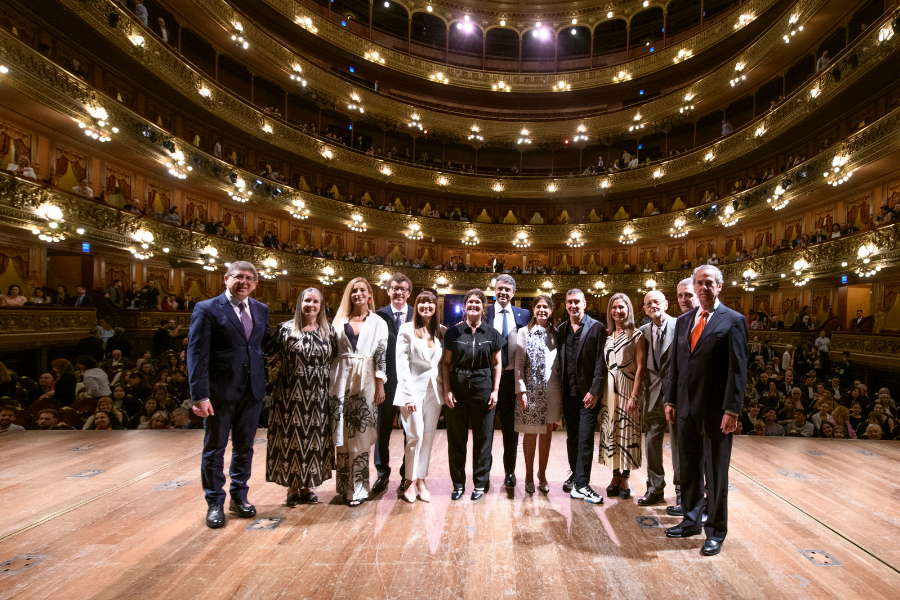Triumph of honor opens the Chamber Opera cycle at Teatro Colón

The comic opera of Alessandro Scarlatti had the Musical Direction of Iñaki Encina Oyón and Violeta Zamudio as Stage director.
.
The Chamber Opera of Teatro Colón de Buenos Aires is an itinerant company made up of young artists. It was born as a project to reach different scenarios of the city of Buenos Aires, the country and abroad. Its mission is to promote young artists selected according to the stylistic demands of the difficult genre they cultivate. The choice of young stage directors comes from a search for independent theater directors, with the intention of providing a new look at the productions. “Chamber opera is the platform of Teatro Colón that allows you to assemble shows with ease and reach new spaces. It also rescues a very unique repertoire that normally does not premiere in large rooms” says Marcelo Lombardero, Director of the Chamber Opera Series.
.
For the performance of this opera an agreement was made with the Instituto Superior de Arte (ISA) of Teatro Colón where an orchestra conductor and an outstanding Concertino specialist in stringed instruments and baroque music were hired and distinguished students of the Institute were invited to be part of the orchestra as fellows, where they also received a training course. Within the framework of its Orchestral Academy, the ISA creates the specialization in Ancient Music with the objective that the students deepen in that repertoire, obtaining knowledge in the interpretation. Under the guidance of outstanding professionals, the students of the specialization learn aesthetic, theoretical and technical knowledge, and integrate an assembly to gain experience.
.
Scarlatti’s only comic opera, Il trionfo dell’onore, premiered in Naples in 1718. Inspired by the figure of Don Juan, the Sicilian composer offers a pleasant piece, the precursor of comedy in the Neapolitan school. Despite the success of its premiere, the piece disappears from the theaters for more than two centuries, until its presentation in Loughton (England) in 1937 and the editing of a recording of Carlo Maria Giulini with RAI in 1950. It is about true rescue of a musical treasure by the Chamber Opera series.





